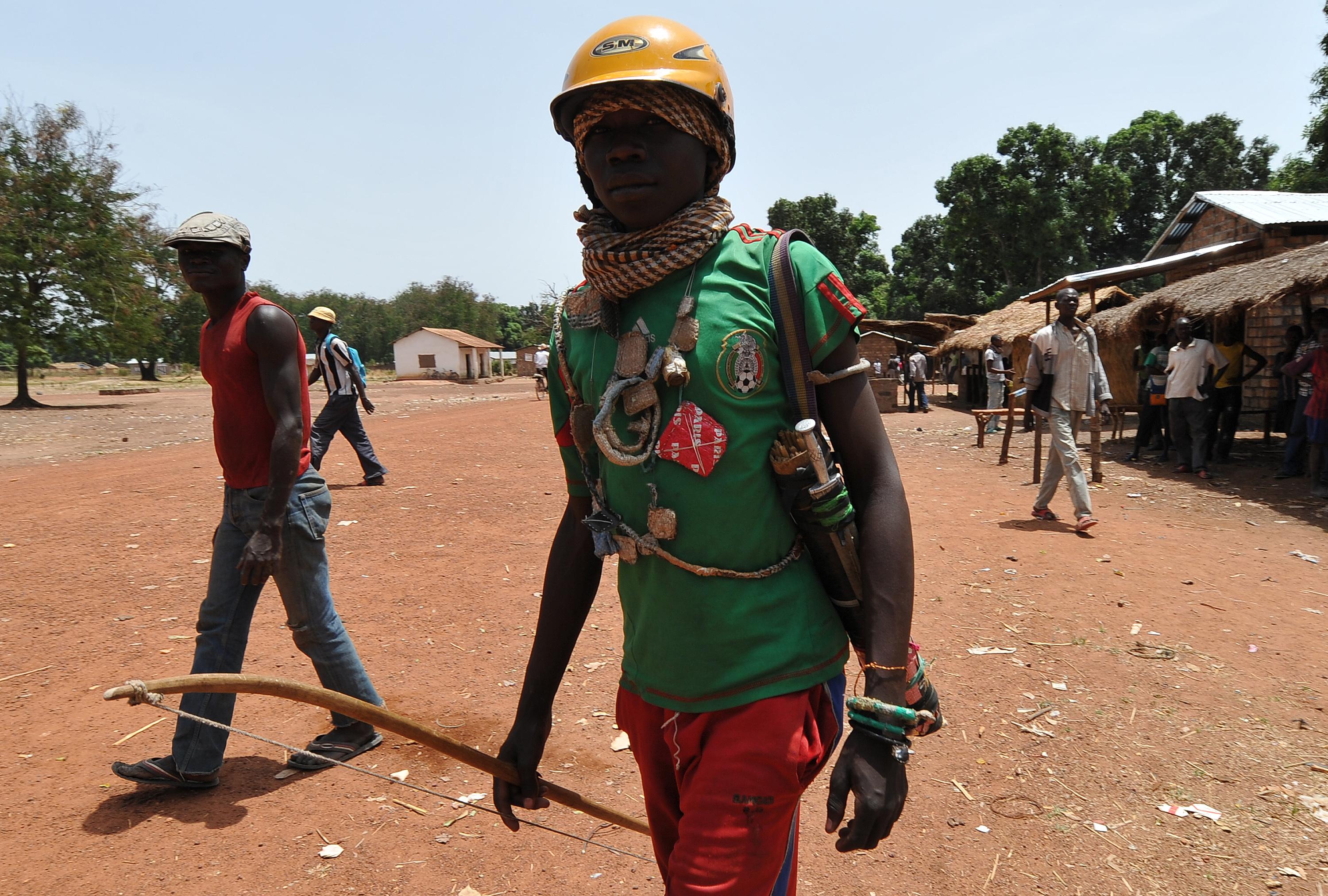The U.N. has launched an investigation into “reports of genocide” in the Central African Republic, with tens of thousands of Muslims reportedly fleeing the country in fear of reprisal attacks from Christian militias.
The current chaos began a year ago when the Seleka—a majority-Muslim rebel group—seized power and immediately began a campaign of “looting, torture and killing in the majority Christian country.” Seleka control over the country quickly crumbled, and the current anti-Muslim backlash began after Seleka President Michel Djotodia resigned in January.
An estimated 650,000 people have been displaced by religious violence, with about 300,000 fleeing to neighboring countries. Fewer than 1,000 of the original 100,000-strong Muslim population remain the capital, Bangui.
The U.N. investigators are drawing up a “confidential list of suspects for eventual prosecution” by the International Criminal Court.
The U.N. Security Council discussed plans for sending a peacekeeping force to the country last week but took no action. There are already about 2,000 French and 6,000 African Union troops on the ground in the country, though their effectiveness has been limited and in some cases they have been accused of making the violence worse.
This is unfortunately a very complex situation in a country that doesn’t get much media coverage, and where options for international intervention are limited. If the investigators do apply the G-word to what’s happening in the Central African Republic, it may garber some more international attention, though it’s not quite how much impact that will have on what’s happening there.
